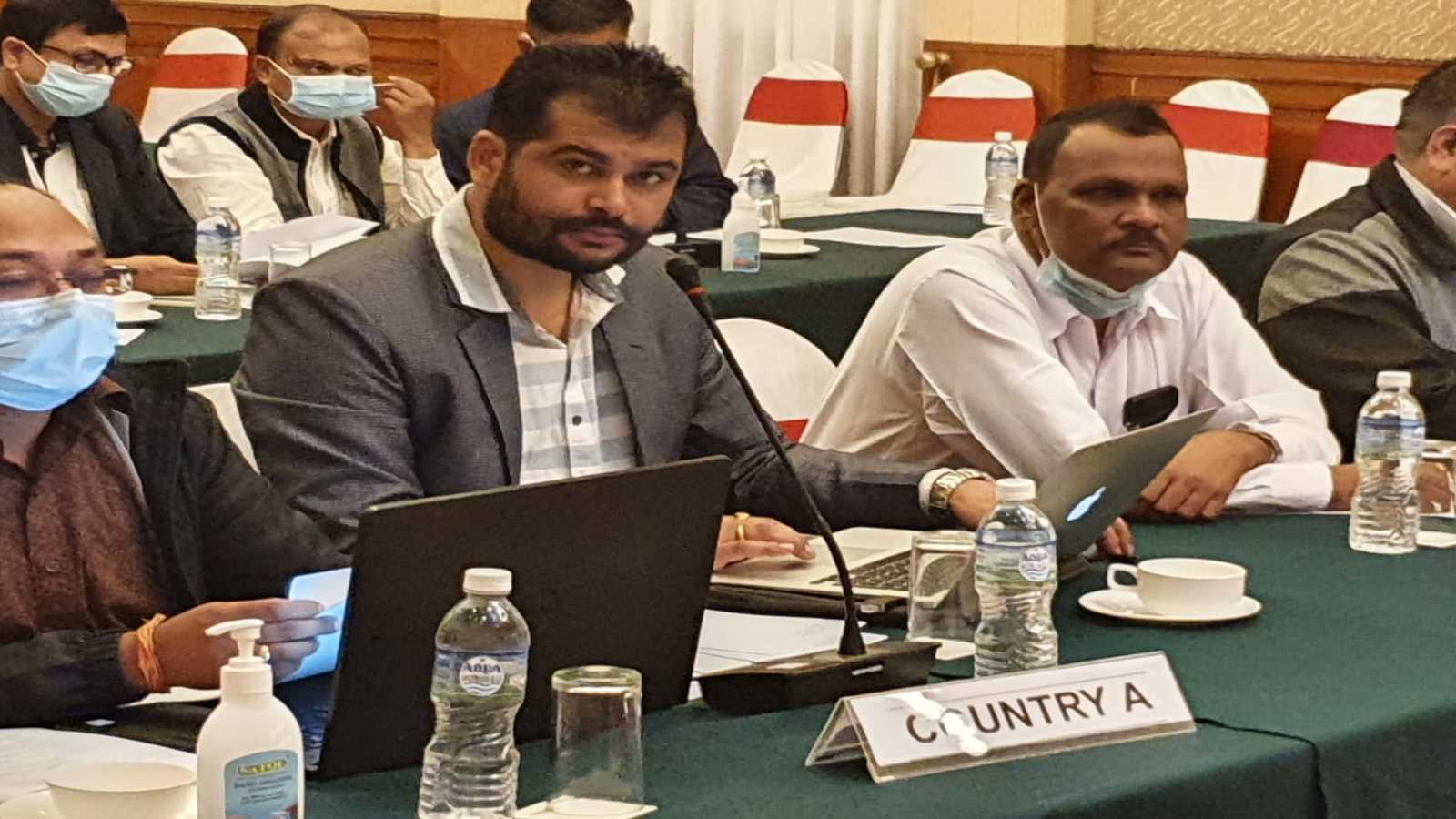EUROPE – The European Commission through its Alert and Cooperation Network (ACN) platform, has released a report showing that there was an increase in the number of food safety reports in 2021.
ACN is composed of the Rapid Alert System for Food and Feed (RASFF), Administrative Assistance and Cooperation system (AAC) and the Food Fraud Network (FFN).
In 2021, 4,607 notifications were sent through RASFF with 4,102 related to food, which was almost a 20 percent increase compared to 2020.
Pesticides were the main hazard notified, representing 27 percent of the health-related notifications. As in 2020, many notices related to a major ethylene oxide incident.
According to the report, pesticides were mentioned 468 times and led to the biggest food recall operation in EU history.
The basis for food reports were mostly an official control on the market, followed by a company’s own check. Only 4 percent were due to consumer complaints.
In terms of origin of non-compliant products, Poland was the top EU country at 381 notifications with 263 because of Salmonella in poultry meat. France, Germany and Spain all had more than 200.
In non-EU countries, Turkey had the most notifications (613), mainly related to findings of pesticides, followed by India, China, Brazil, the United Kingdom and United States.
The top recurring issues involved pesticide residues in fruit and vegetables from Turkey, Salmonella in poultry meat from Poland and in herbs and spices from Brazil. Aflatoxins in nut products and seeds from the United States also made the top 10.
As per the report, there were 863 reports on pathogenic microorganisms related contamination, with three-quarters attributed to Salmonella. Listeria monocytogenes was next with 138 alerts and 89 were because of E. coli.
Looking at food fraud, 407 cases were raised, an increase from the previous 349 reported in 2020. As in 2020, fish and fish products was the second category involved after illegal movement of pets.
Issues of concern included undeclared added water in frozen pangasius fillets and shrimp and honey adulterated with sugar, according to Food Safety News.
Notifications involved suspected illegal treatment of tuna with carbon monoxide, nitrates and nitrites; abuse of additives like ascorbic and citric acid and labeling deficiencies. An outbreak was reported with 12 people poisoned after eating tuna illegally treated with a high dose of nitrites.
Fats and oils were the third most reported category with problems relating to marketing standards and to olive or virgin olive oil sold as extra virgin olive oil. Meat and meat products other than poultry reports concerned forged documentation, illegal trading or exceedance of water.
Another issue was the falsification of accompanying documents of meat or fishery products such as invoices, certifications and Common Health Entry Documents to tamper with information on traceability.
Some exchanges covered the sale of unapproved substances, such as 2,4-Dinitrophenol (DNP), a chemical used as a rapid weight loss supplement. It can be fatal for humans and is mainly sold online.
Liked this article? Subscribe to Food Safety Africa News, our regular email newsletters with the latest news insights from Africa and the World’s food safety, quality and compliance. SUBSCRIBE HERE








